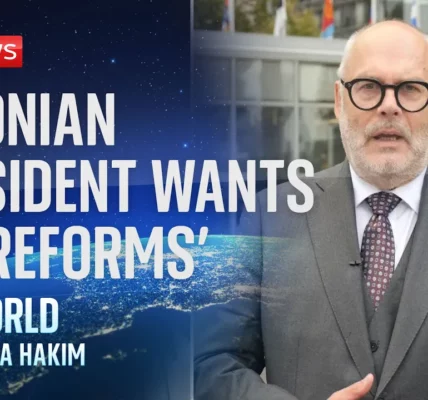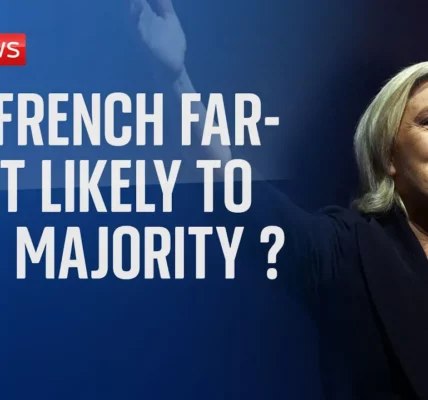UK Suspends Arms Exports to Israel: Political Reactions and Implications

The recent decision by the UK government to suspend certain arms exports to Israel has sparked significant political debate. This article delves into the implications of this decision, the reactions from various stakeholders, and the broader context of UK foreign affairs.
Introduction
The UK government’s announcement to suspend around 30 out of 350 arms sales to Israel has raised eyebrows across political circles. Foreign Secretary David Lamy’s statement came against a backdrop of increasing scrutiny of arms exports and their compliance with international law. This article explores the political landscape surrounding this decision, the reactions from Israel and various UK political factions, and the potential implications for UK foreign policy moving forward.
Political Context of Arms Exports
The issue of arms exports has long been a contentious topic in UK politics, particularly in relation to Israel. The recent decision by Lamy signifies a response to mounting pressure from both domestic and international communities regarding the ethics of arms sales. Understanding the context requires a look at previous arms export policies and the evolving geopolitical landscape.
Historical Perspective
The UK has a long history of arms sales to Israel, which has often been justified on the grounds of national security and allied relationships. However, international law stipulates strict guidelines on arms exports, particularly in conflict zones. The suspension of these arms sales marks a significant shift in policy.
Geopolitical Implications
- Strengthening ties with Palestine: The decision could be seen as a gesture of support for Palestinian rights.
- Impact on UK-Israel relations: This move may strain an already delicate relationship, especially amidst ongoing tensions in the region.
- Response from Iran: The Iranian government has expressed its disapproval, viewing this as a signal of weakness in support for Israel.
Reactions to the Suspension
Israeli Government’s Response
The Israeli Foreign Minister expressed disappointment over the UK’s decision, stating that it sends a detrimental message not only to Hamas but also to Iran. The sentiment reflects concerns that such actions could embolden adversarial forces in the region.
Domestic Political Reactions
The decision has incited a range of responses from various political factions within the UK:
- Left-wing Labor MPs: Many have criticized the decision as insufficient, arguing that more robust actions are necessary to uphold international humanitarian standards.
- Conservative Party: Some Conservative MPs, including leadership candidates, have decried the move as a capitulation to the hard-left factions within the Labour Party.
- Public Sentiment: Public opinion appears divided, with some supporting the suspension as a necessary stance against human rights violations, while others regard it as a betrayal of a key ally.
International Implications
The suspension of arms sales to Israel comes at a time of heightened tension in the region, particularly following the recent violence involving Hamas and Iran’s threats against Israel.
Impact on International Relations
This decision could have far-reaching consequences for the UK’s foreign relations:
- Relations with the US: President Joe Biden’s administration has previously urged Israel to take more significant steps towards peace.
- European Union Response: The EU may view this move as a potential shift towards a more balanced approach in Middle Eastern foreign policy.
- Middle Eastern Stability: The UK’s stance may influence other nations’ positions regarding arms sales and military support in the region.
Conclusion
The UK’s decision to suspend certain arms exports to Israel is a significant political development that reflects ongoing tensions in international relations and domestic political pressures. The reactions from Israel, UK political parties, and the international community underscore the complexities involved in foreign policy decision-making. As the situation evolves, it will be crucial for the UK government to navigate these challenges carefully to maintain its diplomatic relationships while upholding international law. For further insights on UK political developments, check out our related articles on UK Foreign Policy and International Relations Dynamics.
“`




